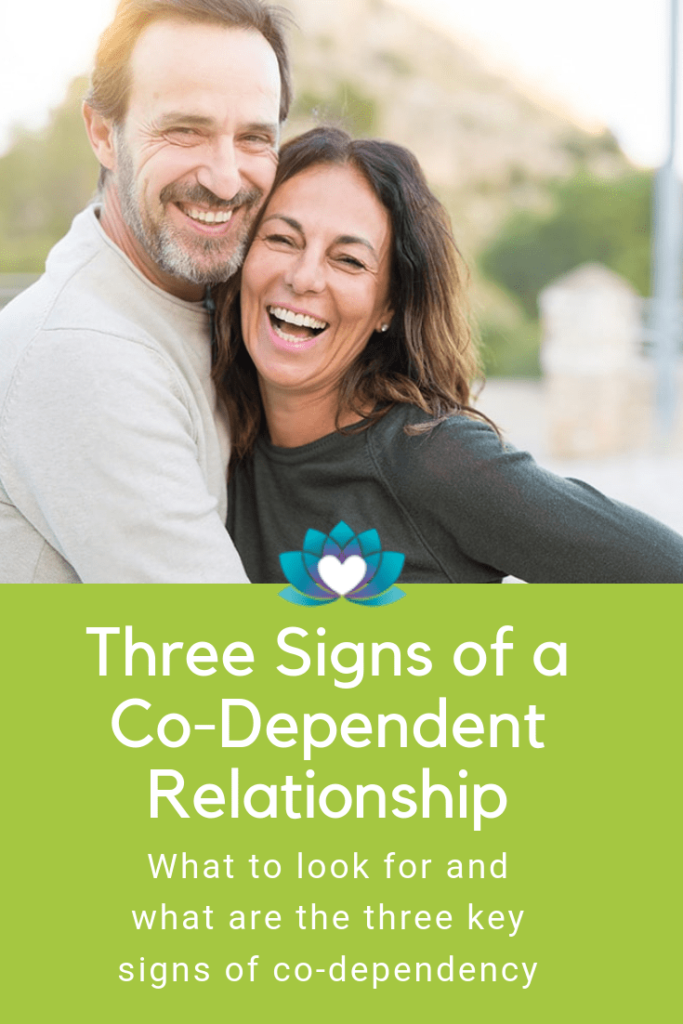The first of three signs of codependency is that you fantasize that the person you are with is a better version of yourself. The reality of who they are differs considerably from what you fantasize about. Pretending that the person is better than they are is enabling. It is an early sign of more advanced denial. Denial is when, despite your thoughts and feelings, you act entirely counter to them over some time. Recognizing your needs and feelings is essential to being in a healthy relationship. If ignored, it could be a red flag that you are in a co-dependent relationship.
Lack of Confidence as a Sign of Codependency
One of the second key signs that you might be in a codependent relationship is that you have no confidence that you can resolve differences or conflicts. At best, conflict in this type of relationship is avoided. Often both parties feel this way, and there is a sense of futility and resignation. In a manipulative relationship, one person is intentionally trying to confuse the other person or deliberately trying to make the other person feel resigned. That type of relationship is what is called narcissistic abuse. Whereas with codependency in relationships, both people can feel a sense of futility, or one person perceives this and not the other. Codependent partners are like dance partners who know their roles and stick to the routine out of habit. They don’t know how to go beyond the usual routine or deal with new situations. They generally feel resigned and do not have much hope for different or better outcomes, which is why there is so little resolve.
Changing Yourself for a Relationship
A third key sign that you may be in a codependent relationship is that you don’t recognize yourself. Not knowing yourself can be part of a systematic pattern. This pattern can include changing your personality according to your partner at the time. Take, for example, a person that functions very well in many areas of their life; professionally, in friendships, and with family but not in intimate relationships. The moment they become involved in an adult intimate relationship, they turn into a different, less functioning person. A person may be known as confident and high functioning and then may suddenly start to remove and isolate themselves from others. In the relationship, there might be high conflict, yet they are isolating themselves. A codependent couple will end up going out less and creating their own little bubble.
These three codependency symptoms might make it difficult for you to interact with other couples or individuals. This feeling leads to isolation and withdrawal. The inability to relate to others increases the more people perceive this. When someone is codependent, their social desire diminishes, and they no longer prioritize interacting with people outside their relationship.
Listen to the content here:

